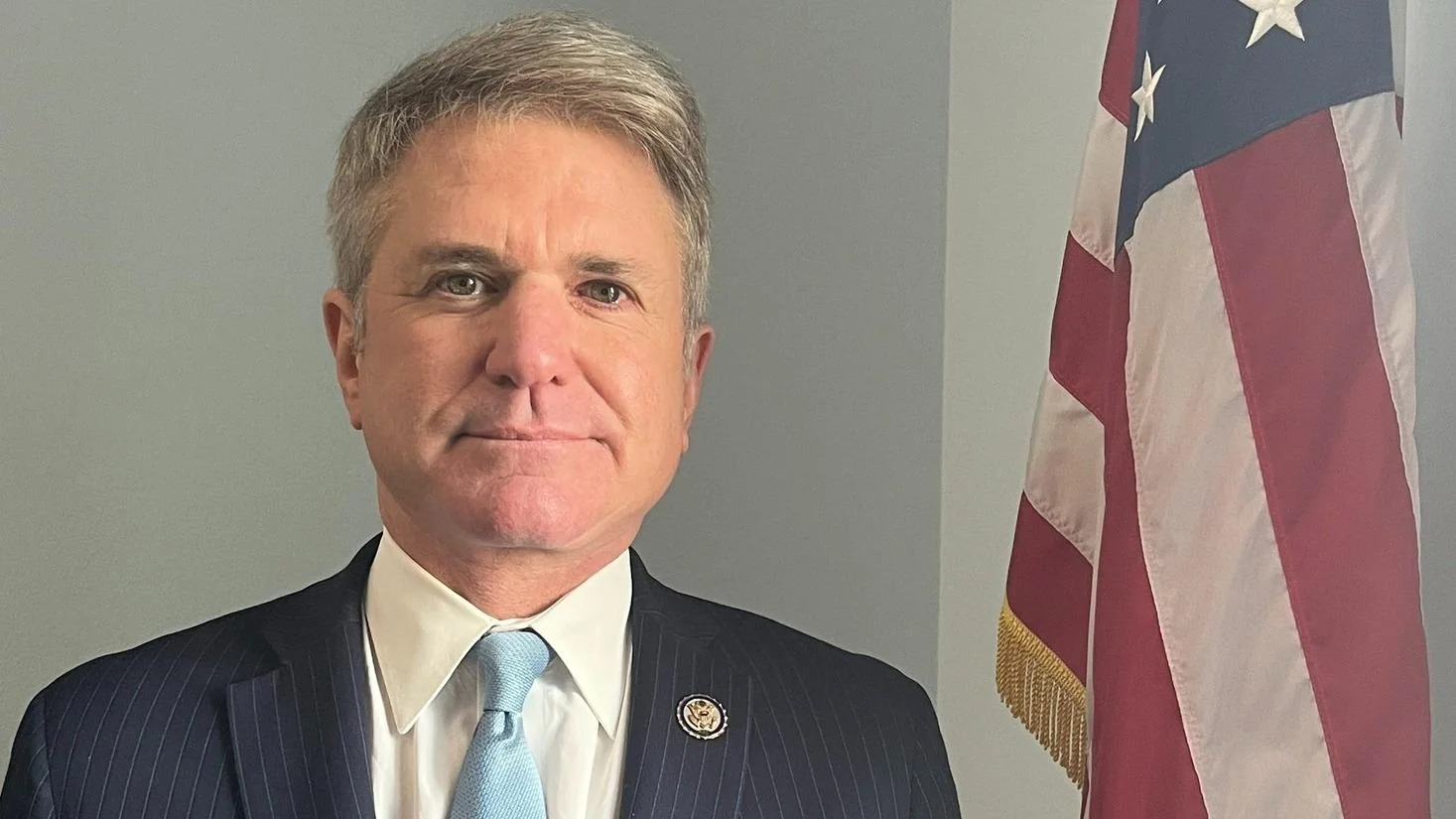U.S. Congressmen Michael McCaul and Bill Huizenga have introduced new legislation aimed at modernizing missile technology export controls. The proposed bill, H.R. 3068, known as the Missile Technology Control Revision Act, seeks to remove certain regulatory barriers to enhance U.S. national security and facilitate timely cooperation with allies on shared security threats.
Congressman McCaul stated, "The Chinese Communist Party is working at lightning speed to advance its military apparatus — and it does not play fair. The Mission Technology Control Revision Act empowers the United States and its allies to meet that generational challenge head-on by removing burdensome red tape that slows down the transfer of critical military technologies."
Echoing this sentiment, Congressman Huizenga remarked, "The threats our nation faces have evolved over time; therefore, our approach to keeping America safe must evolve as well. We cannot allow bureaucratic red tape to hinder our national security."
The Missile Technology Control Regime (MTCR), established in 1987, aims to prevent the spread of missile systems capable of delivering weapons of mass destruction. However, its strict implementation has limited the U.S.'s ability to share specific missile-related technologies with close allies while countries like China and Russia continue exporting similar technologies with fewer restrictions.
McCaul and Huizenga’s legislation proposes amendments to the Arms Export Control Act of 1976 for expedited defense trade with eligible countries. It also includes a policy statement that eliminates a “presumption of denial” for MTCR items concerning NATO members, major non-NATO allies, and Five Eyes partners.

